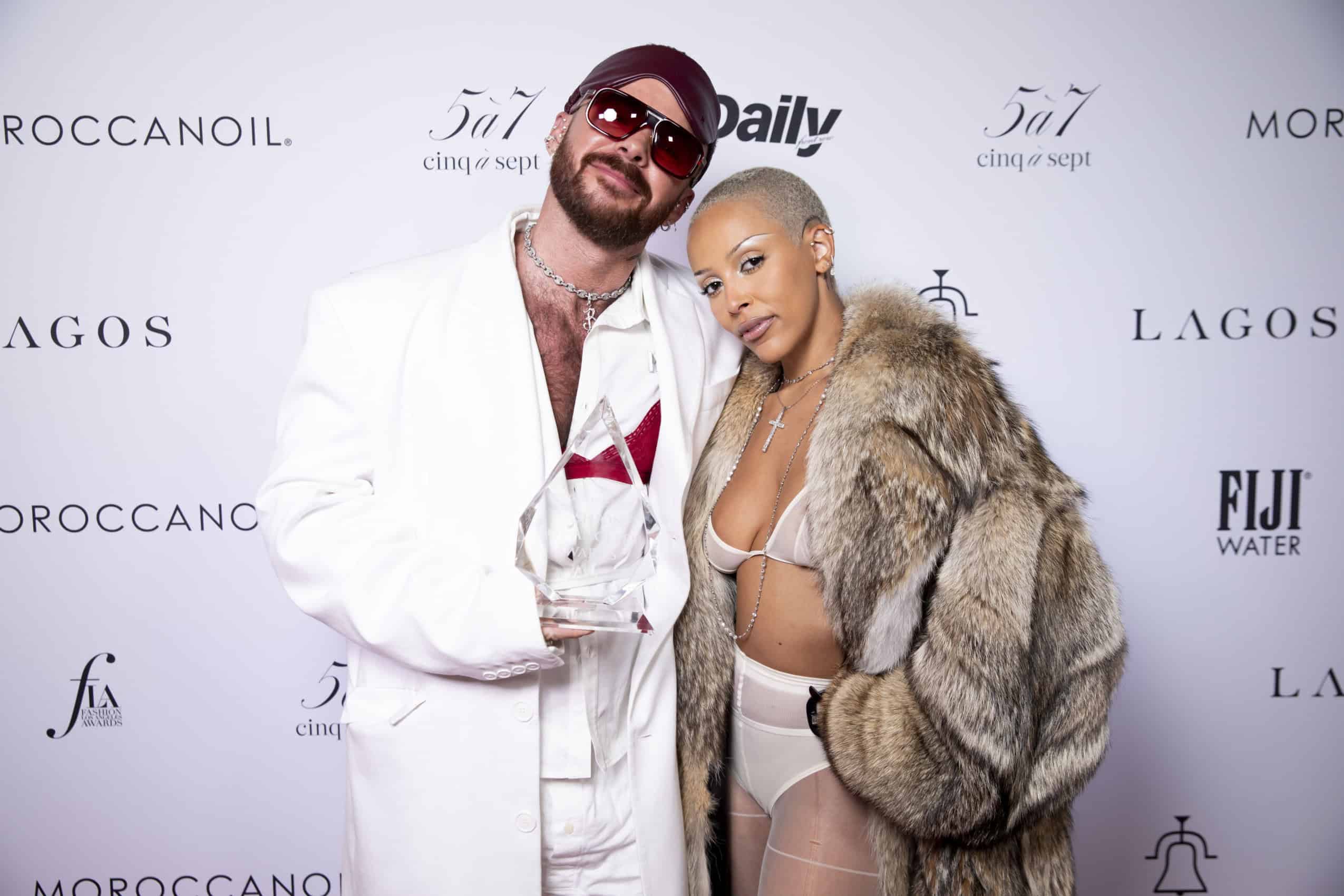The eloquently composed “Our Father, the Devil,” a bleak, slow-burn character study, begins, quite literally, upon reflection. Against a window, the reserved Marie (Babetida Sadjo) smokes and sits by her favorite haunt, a bar serviced by the winsome Arnaud (Franck Saurel). In the window frame, her visage takes a blurred, ghostly appearance. Reflections that grant the viewer a lens into the subject are a recurring visual theme in “Our Father, The Devil,” denoting the vacant way people see themselves.
In writer/director Ellie Foumbi’s feature directorial debut, the psychologically and emotionally scarred Marie works in an understaffed assisted living home as a chef, serving an array of frequently rotating retirees. Among them is Jeanne (Martine Amisse), Marie’s mentor and the aged former head of a culinary school. Jeanne grants Marie great satisfaction whenever she tastes the young chef’s cooking, her compliments inspiring the few times we see Marie smile without reservation. Jeanne thinks so highly of her pupil she bequeaths her family’s cozy cottage to Marie. The gift is enough to give the overworked chef a modicum of peaceful rest amid the abode’s woodland surroundings.
With well-articulated visual language, Foumbi and her cinematographer Tinx Chan (“Starring Jerry as Himself”) nimbly walk a fine line between probing and withholding. Take the nightmarish introduction of the visiting Father Patrick (Souleymane Sy Savane): the camera first captures him from the neck down as he leads the elderly folks of this home in prayer. Marie recognizes his presence pointedly, not by sight. Emanating from the space of an open door, she hears his voice, masterfully muffled by the sound mixing to suggest a distant memory. When she does physically see him, he is oppressively backlit, so we only see the black outline of his body.
Father Patrick’s arrival stirs fear within Marie: She faints upon seeing him. Surely this Father Patrick isn’t Sogo, an abusive guerilla soldier she knew in Guinea? And how did he find her in the mountainous region of Bagnères-de-Luchon, France? It’s not until she notices Father Patrick’s tick—he tosses his food in his spoon before eating—that she knocks him out with a frying pan and kidnaps him to Jeanne’s cottage.
Thankfully, Foumbi doesn’t play the “is he or isn’t he card” for too long. Halfway through the film, we have our answer. But what or who he is—a metaphor for Satan or a mirrored image of Marie—pales compared to what he conjures within Marie, a West African Black woman who feels physically out of place in a predominantly white country. For 20 years, ever since she was 12 years old, Marie has denied the kind of romantic attachment like the one Arnaud pines to have with her. She has also held back any sense of self-pity or empathy. You understand Marie’s forlornness with the keen way Foumbi leverages space; the filmmakers opt for full shots of Marie alone in large rooms, her body positioned at the outer third of the frame, her reflection in windows always blurred.
For “Our Father, the Devil,” forgiveness looms large. Foumbi’s complex script asks if some acts are beyond absolution. It’s clear that Marie doesn’t just despise Father Patrick; she hates the religion he finds mercy in, too. She also despises herself. Sadjo plays with Marie’s internal impossibilities and exterior brick walls with deceptive ease. It seems simple because the exceptional crafts (evocative wine-colored lighting and an unnerving score) provided by an assured director like Foumbi can help to hide the actress’ work. Sadjo also keeps up her end of the bargain by employing her expressive face to deliver shock, regret, and ache to the refined palette and by exerting a rigid physicality, which can freeze and immobilize not just her character but the very temperature of a scene.
The film’s final shot, a stark image of Father Patrick and Marie, engages with the script’s conflicting sentiments, trusting the audience to sit with the story’s difficult balance. While some scenes could be tightened by a couple of frames, that qualm is reduced to a quibble in the face of such overall smart construction. Foumbi’s “Our Father, The Devil” manages to take overused themes like trauma and grief and imbue them with every facet of their respective meaning.
Now playing in theaters.
You can view the original article HERE.

:quality(85):upscale()/2024/05/01/868/n/1922283/a63ed21666329ce79de023.96393449_.jpg)

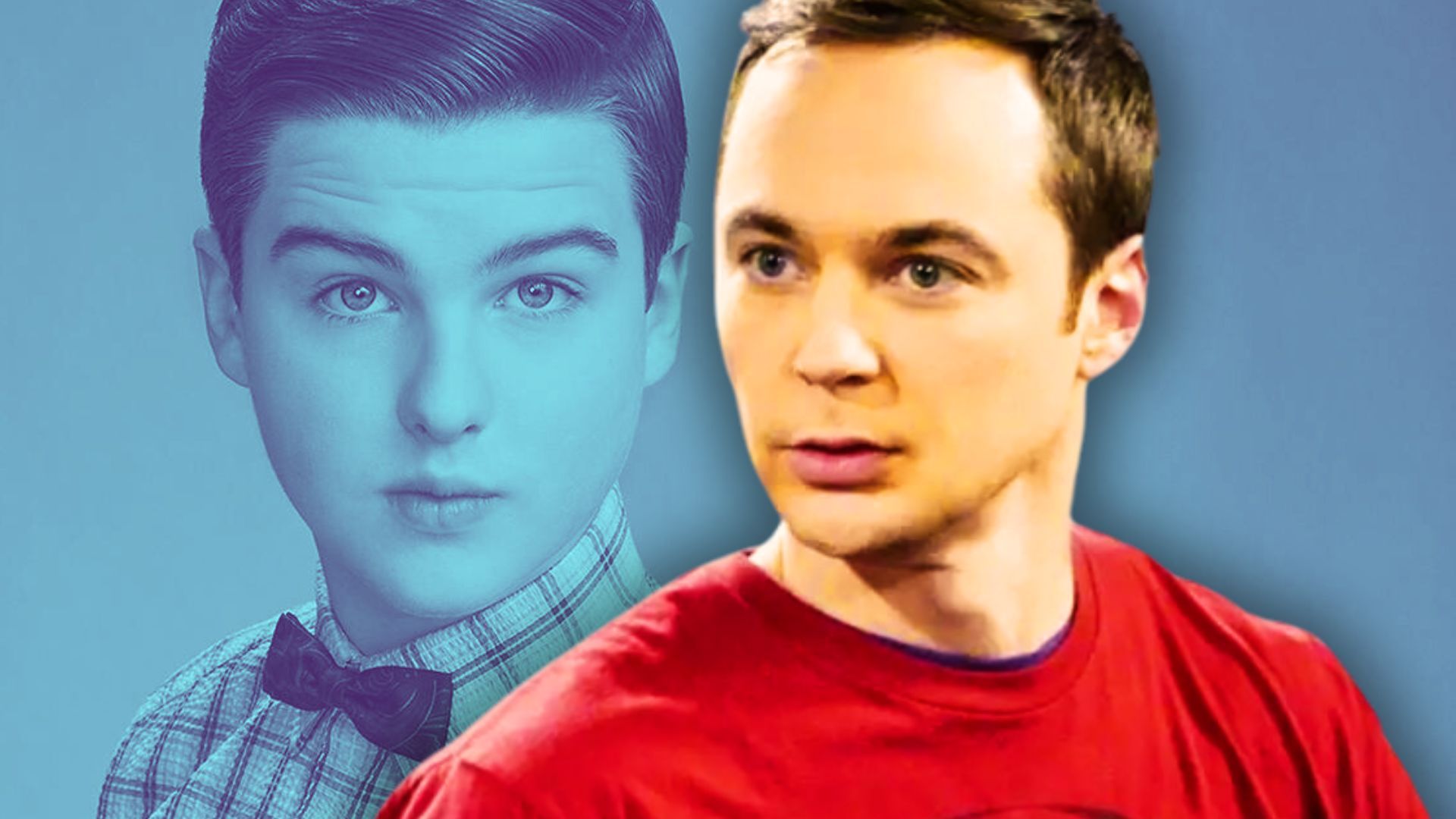

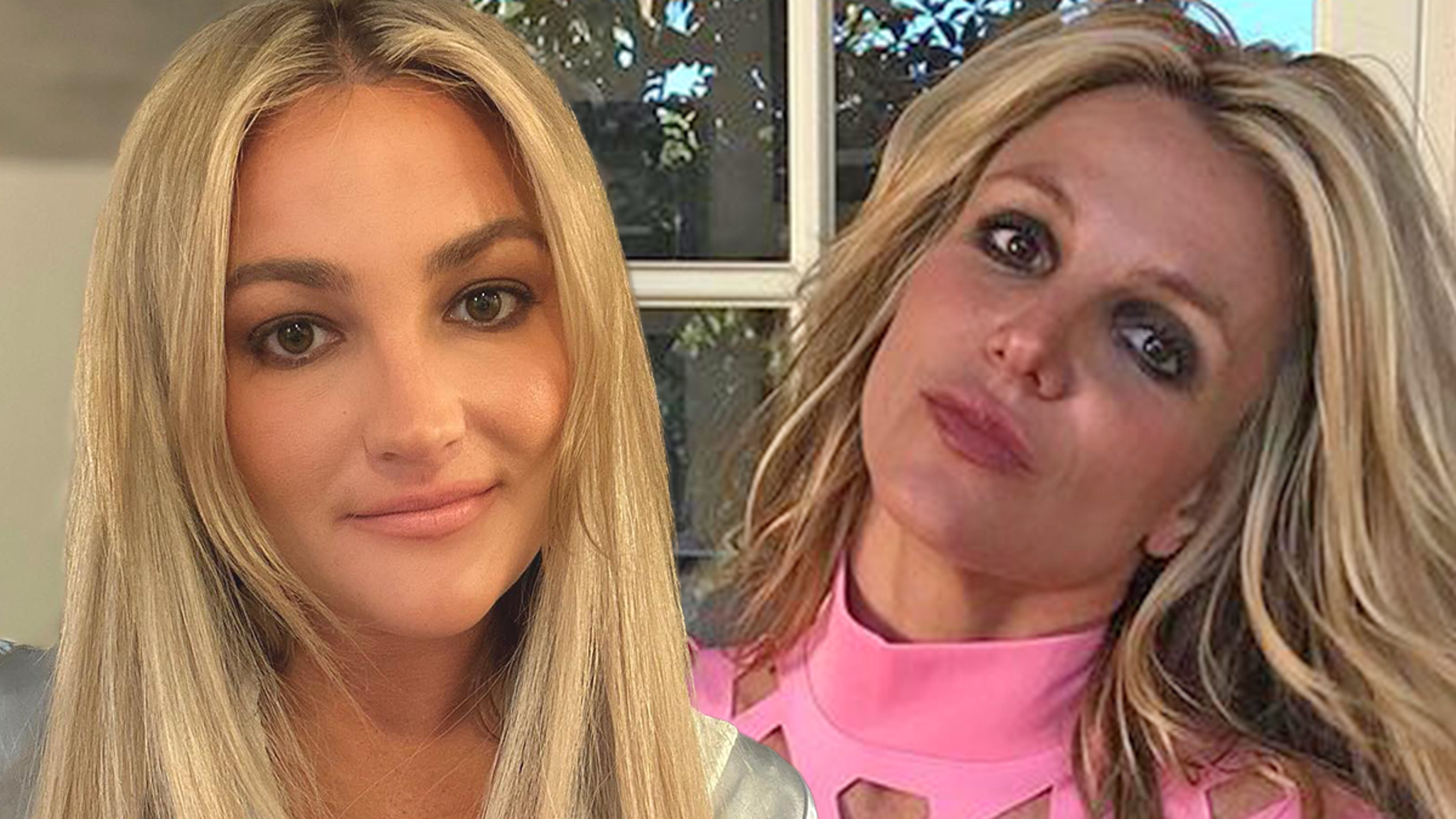
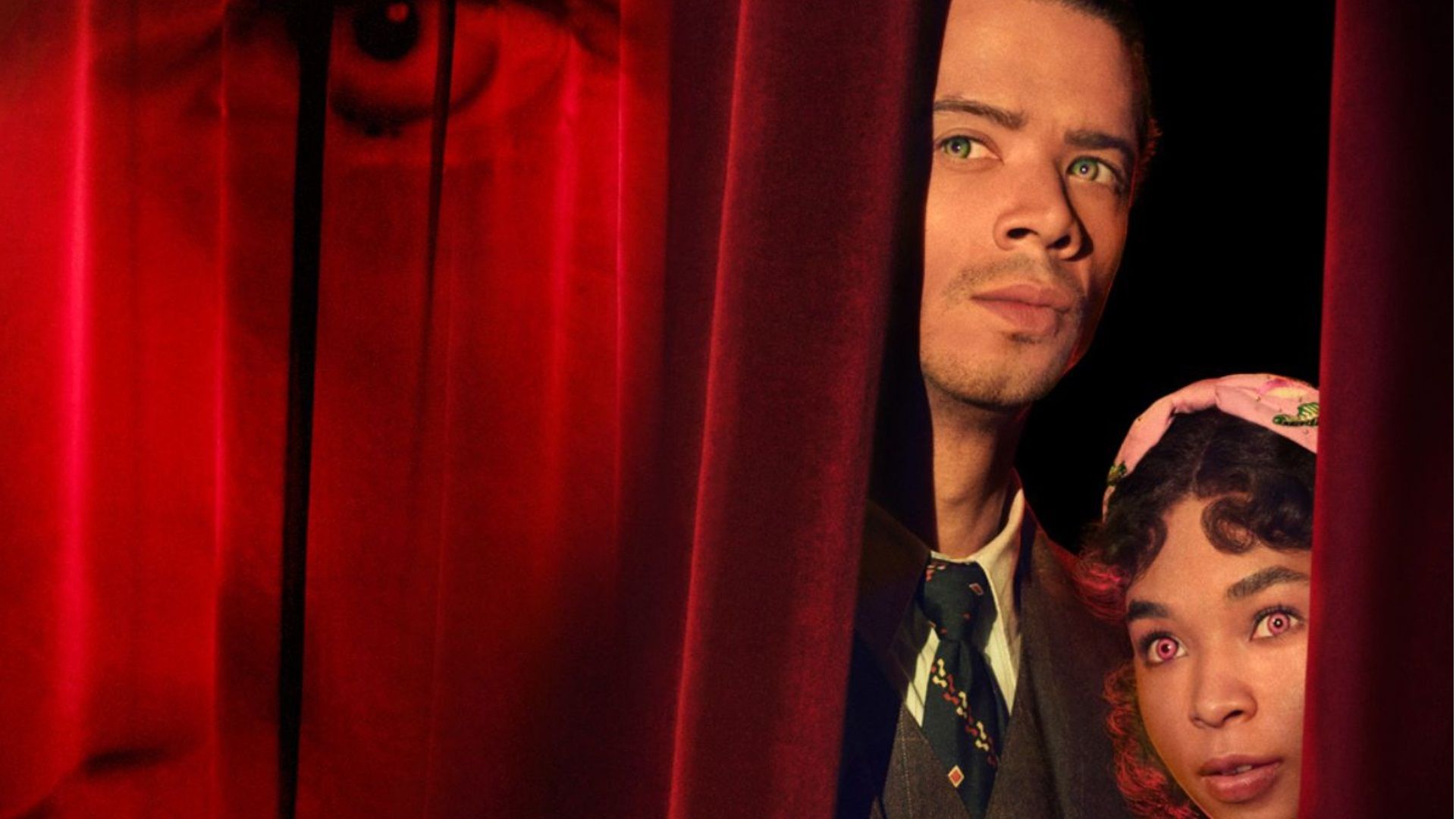
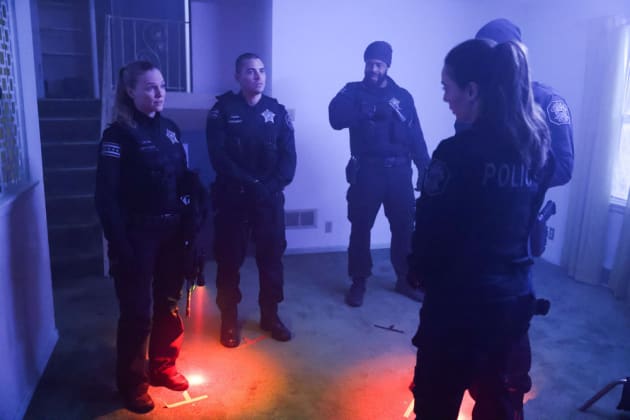

:quality(85):upscale()/2024/04/29/903/n/1922283/39ac4091663005d2b49620.73009363_.jpg)
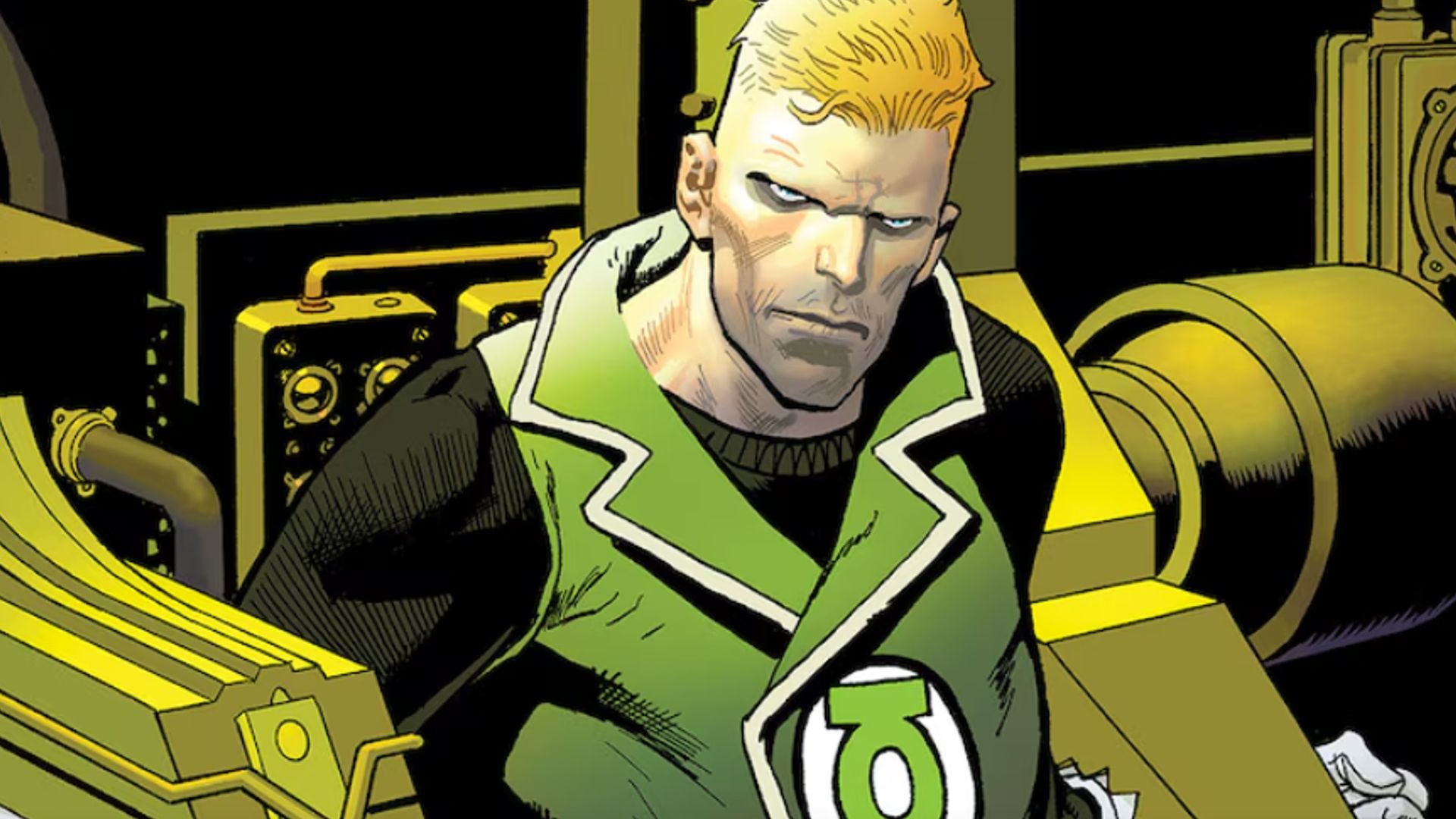
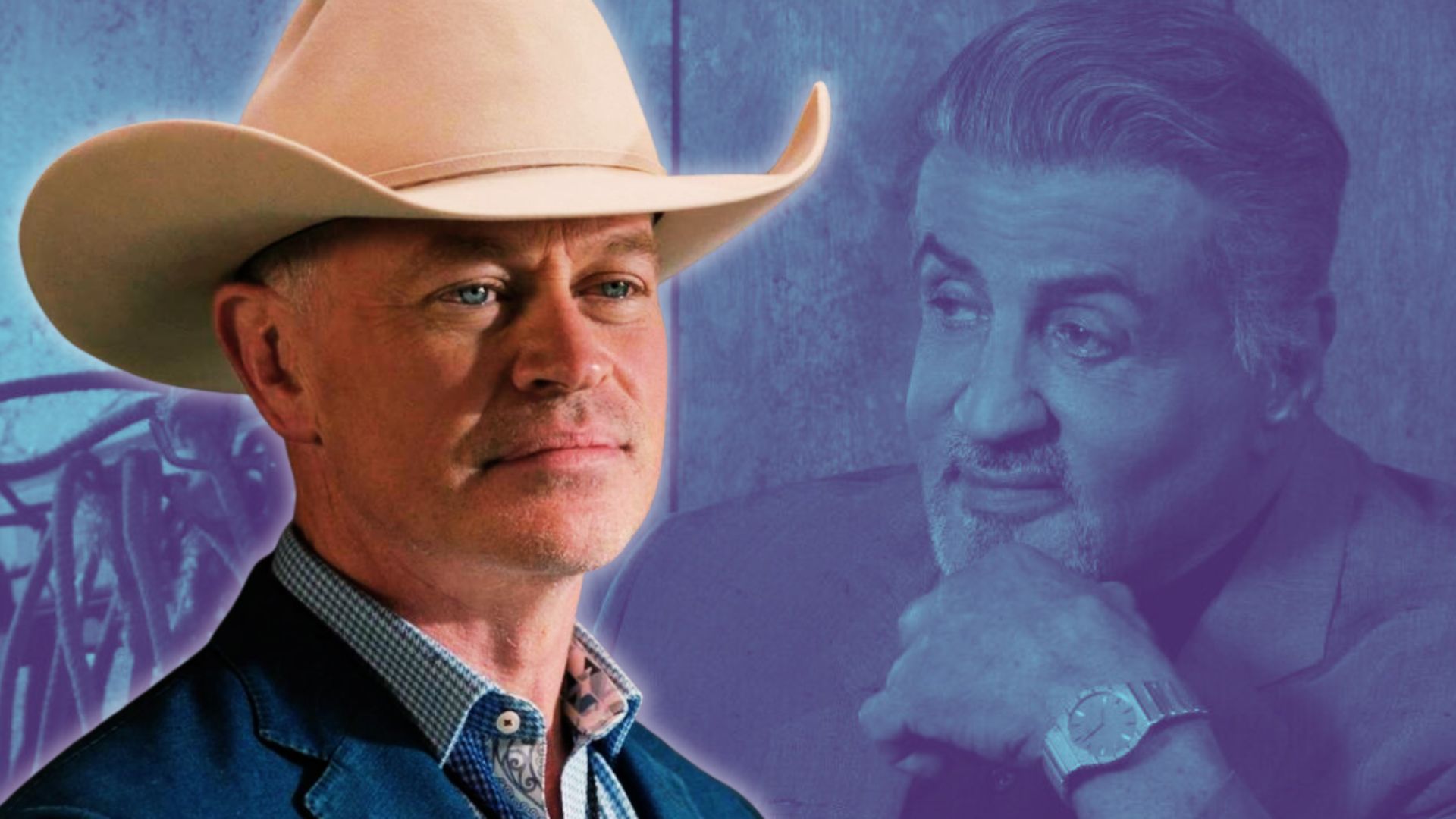


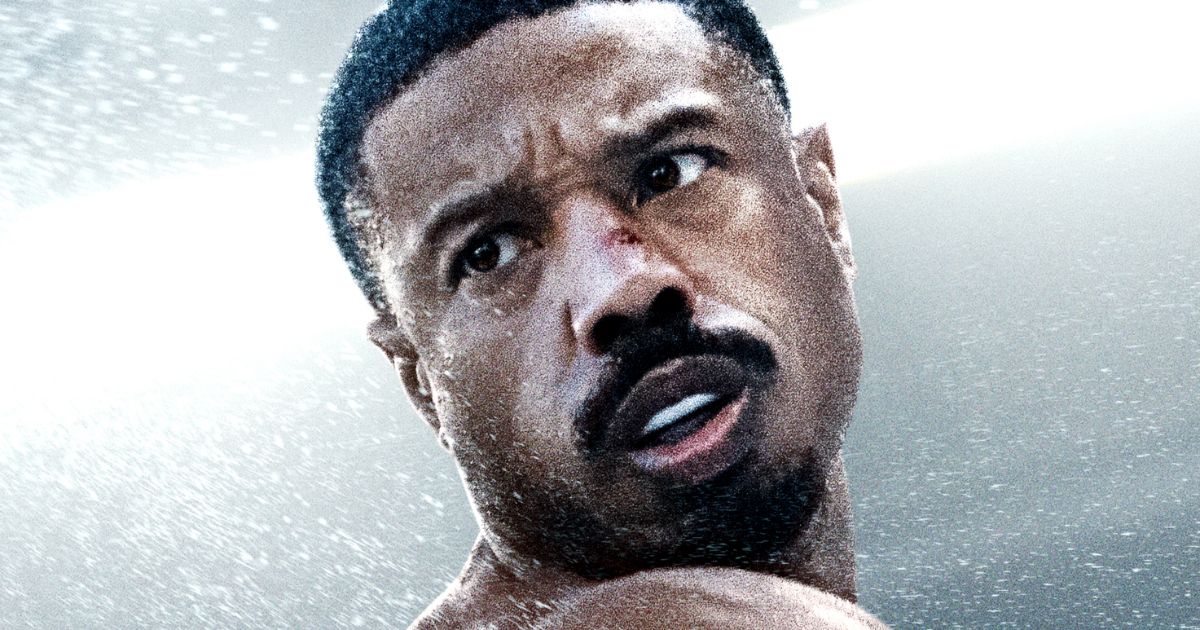




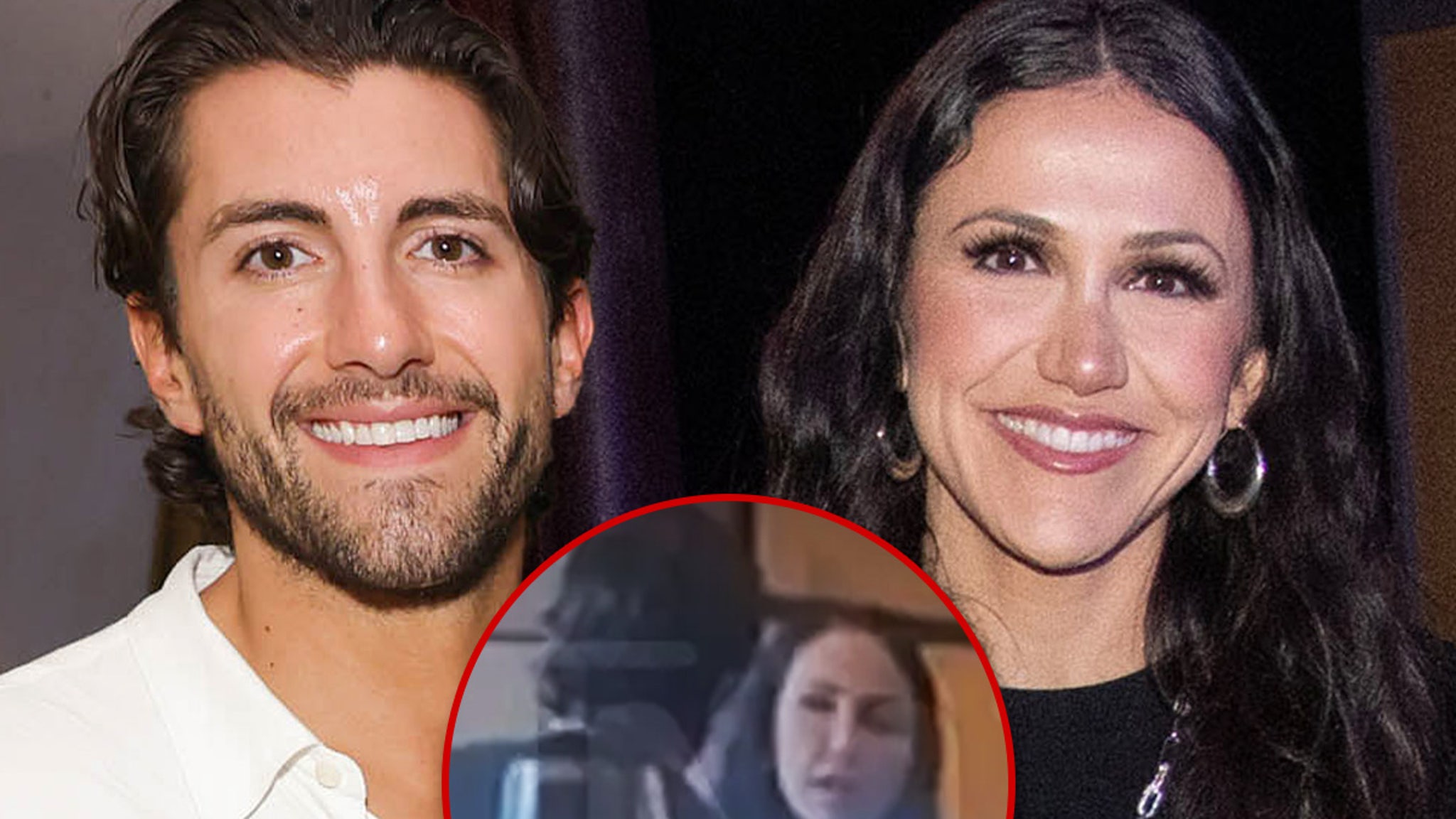

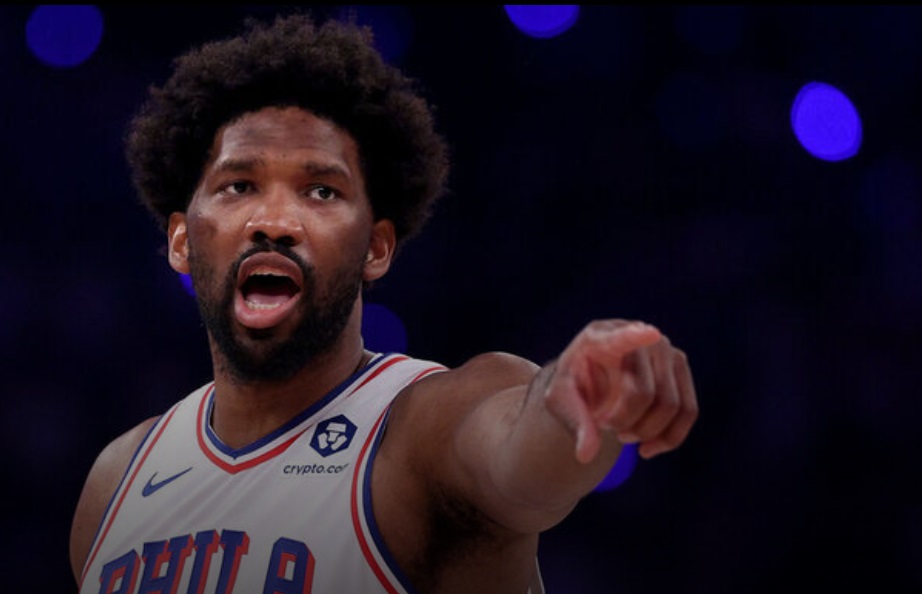
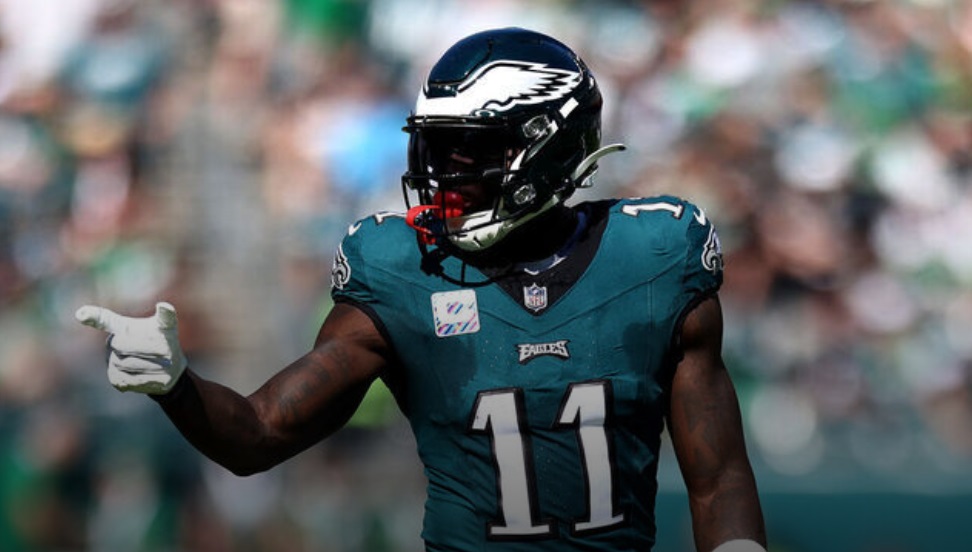


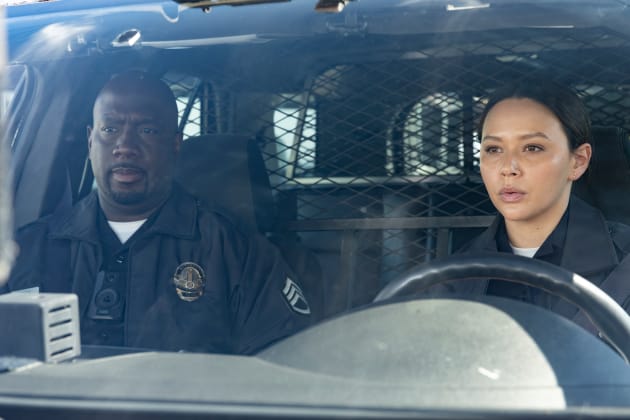
:quality(85):upscale()/2024/04/30/935/n/1922564/02f9990566316200eedab6.59700408_.jpg)
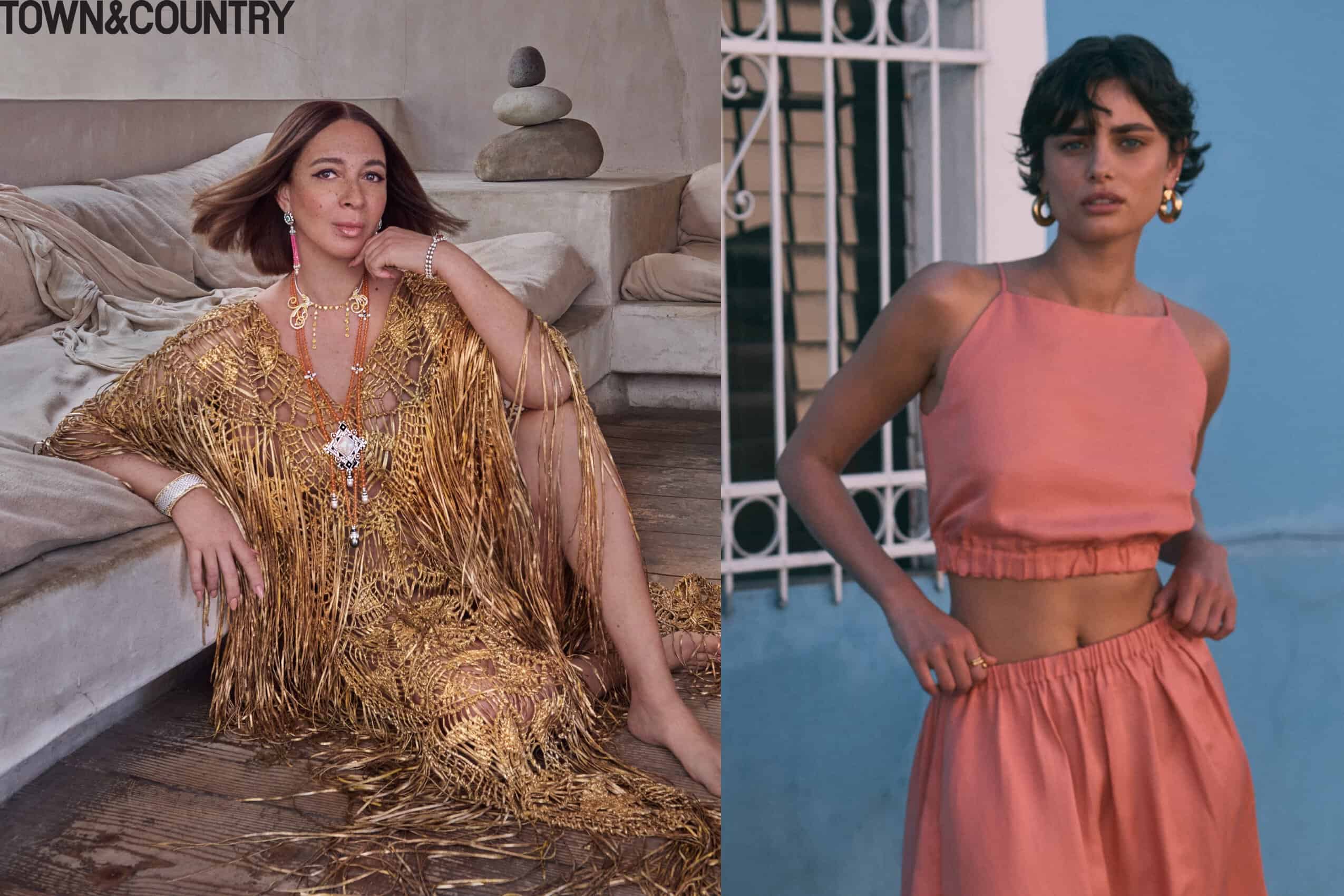
:quality(85):upscale()/2024/04/30/256/n/1922564/b39130e76631ce7cb6dbc6.88546252_.jpg)
